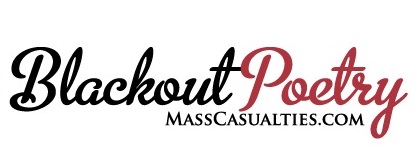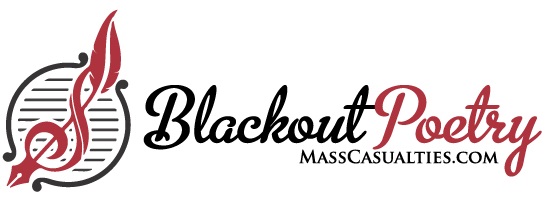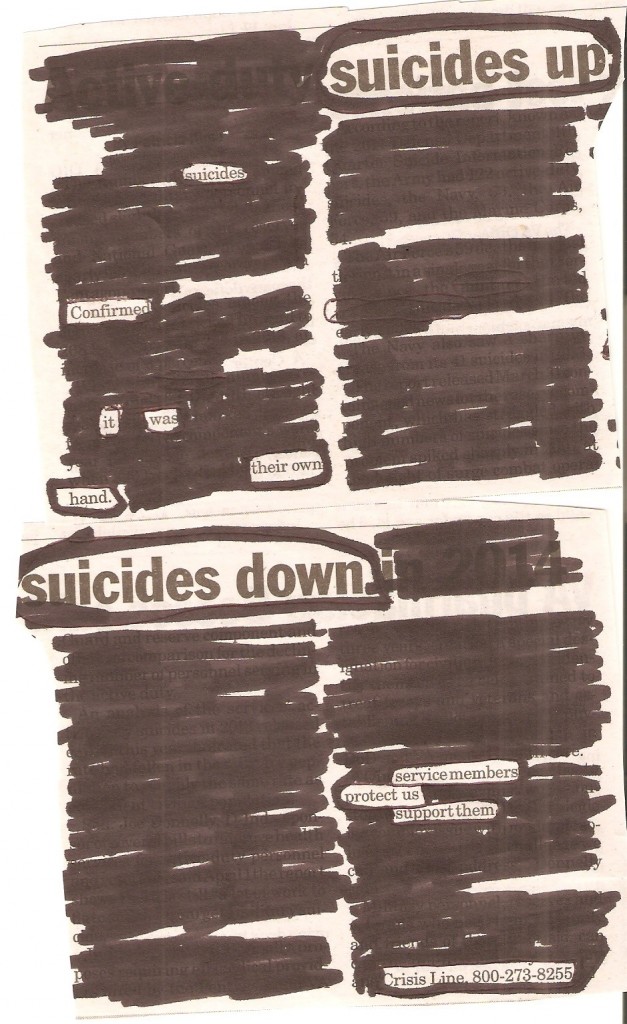I was recently watching this Ted Talk about this computer program that could write poetry.
In the video, this computer programmer, Oscar Schwartz, programmed a computer to write poetry! (He also used other algorithms created by other people to obtain more samples of computer-generated poems.)
[pullquote]With a dictionary database, a decent relational algorithm, and a simple spinner, a computer can create poems. However, the question remains—will a computer-generated poem have meaning or creativity in it?[/pullquote]After the computer wrote a few poems, Schwartz showed a few people the poems and asked them what they thought of them (without telling them that the poems were written by a computer). The people he showed the poems to loved them! This made me think of a study that was done where several “wine connoisseurs,” were given cheap wine (but in an expensive bottle! all the “wine connoisseurs” praised the cheap wine, and several even preferred it over the real expensive wine. It would’ve been great if Schwartz had actually submitted the poems to magazines across the country—maybe even given the computer a pseudonym!
Anyway, in the video, Schwartz shows the audience several poems and asks them to guess which poem was written by a human.
The whole purpose of the experiment, and talk, seemed to be more about the artificial intelligence (AI) side of things—and whether or not computers could actually express themselves through poetry. What do you think? Can they?
Yes, I do believe computers can create poetry. The only issue here is how great computer-generated poems will be. Will the poems be meaningful? Will they sound like they were created by humans?
As fascinating as Schwartz’s talk was, I did have a little problem with the presentation. You see, in the video, it was easy to fool the audience. With how poems are structured, the layman cannot fathom which one is written by a person, and which one isn’t. Poems are often cryptic and can be ten layers deep. It is common that too much application of creativity and wordplay in the poem can make it even incomprehensible to us regular folks—IE: those of us without MFA’s in poetry.
Most people are only familiar with kindergarten and elementary poems. After all, they were taught in schools and are much more memorable. Unlike poems written by poets, popular or not, children’s poems are much easier to understand. They follow a basic pattern, and convey their meanings directly.
For example, children and popular poems often follow a basic structure combined with rhyming ending words.
Roses are red,
Violets are blue,
Sugar is sweet,
And so are you.
Here is an example that was used in the presentation:
Red flags the reason for pretty flags
And ribbons.
Ribbon of flags
And wearing material
Reason for wearing material.
Give pleasure.
Can you give me the regions.
The region and the land.
The regions and wheels.
All wheels are perfect.
Enthusiasm.
That poem was written by Gertrude Stein, a famed American poet and novelist. Truth be told, this poem sounds like gibberish of a drunken Irishman. Unless you try hard to analyze it, you will certainly feel that it does not make sense.
If you compare the two poems, the first one can be easily read and understood. Truth be told, with simple lexical functions written in a computer program, it is easy to create poems like the previous example. Unfortunately, simple word randomizers can easily create gibberish— combinations of words that can easily appear like the latter example.
[pullquote]Poetry is a creation of art, and a computer program that writes poetry is definitely a beautiful creation of art.[/pullquote]With that said, it is easy to fool humans, especially those of us who are not adept with poem readings. Due to that, the tests done in the presentation were not that reliable. To my dismay, I was unsatisfied.
With a dictionary database, a decent relational algorithm, and a simple spinner, a computer can create poems. However, the question remains—will a computer-generated poem have meaning or creativity in it? As a matter of fact, I believe not— not in this lifetime.
However, we can be fooled. After all, poetry is art. And as usual, all works of art are open to multiple interpretations. A computer can generate text that can look like a poem. Once humans interpret it as a poem and we extract a particular meaning out of it, then it will become a real poem. Nevertheless, that poem will be devoid of emotions and insight of a real human being.
Unless humans can develop fully functional artificial intelligence (AIs) that can feel emotions and experience life, these poem-generating programs will be incapable of creating poems like humans do. An AI must be capable of rewriting itself and mutating to a point that it will completely deviate from what was written in its source code.
That program must write itself a poem not because it was programmed to do it, but it must be because it wanted to create one itself. It must be capable of desiring to express its emotions, whether it is digital. But if the program cannot do that, it can only create imitations of poems — a block of text that looks and sounds like a poem, and not a poem written by a human with a soul and emotions.
However, in my opinion, I still do believe that the computer wrote a poem, but I believe the computer’s poem was just part of a much larger poem—the poem/art that the programmer created when he first wrote the computer’s program to write poems. Poetry is a creation of art, and a computer program that writes poetry is definitely a beautiful creation of art.



